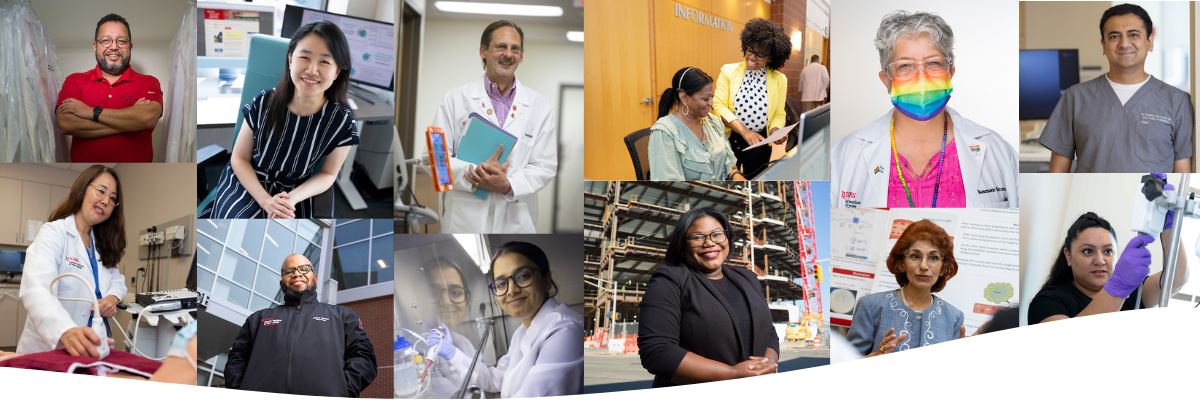
Our Commitment to Diversity
Land Acknowledgement
We acknowledge that the land on which we stand is the ancestral territory of the Lenape People. We pay respect to Indigenous people throughout the Lenape diaspora – past, present, and future – and honor those who have been historically and systemically disenfranchised.
Learn more about this statement
Labor and Justice Acknowledgement
We must acknowledge that much of what we know of this country today, including its culture, economic growth, and development throughout history and across time, has been made possible by the labor of enslaved Africans and their ascendants who suffered the horror of the transatlantic trafficking of their people, chattel slavery, and Jim Crow.
We are indebted to their labor and their sacrifice, and we must acknowledge the tremors of that violence throughout the generations and the resulting impact that can still be felt and witnessed today.
We at Rutgers University acknowledge that 66 enslaved people were auctioned off for sale to Philip Livingston, one of the co-founders of Queens College, the precursor name for Rutgers college, named after Henry Rutgers, another family who owned enslaved people. Those enslaved individuals built the campuses and served the faculty and students without compensation.
Learn more about this statement
Rutgers Cancer Institute Commitment & Mission
It is our responsibility to every participant in the healthcare space to address the longstanding, systemic structures of racism that affect our faculty and staff from thriving in the advancement of science and patient care. We understand that our patients, faculty, and staff come from all over and carry unique cultures and norms that impact how they interpret the world, their experiences, and their relationships. We are committed to fostering a diverse and inclusive environment where people who seek cancer care and the workforce that provide cancer care, both directly and indirectly, feel represented, welcomed, included, and supported.
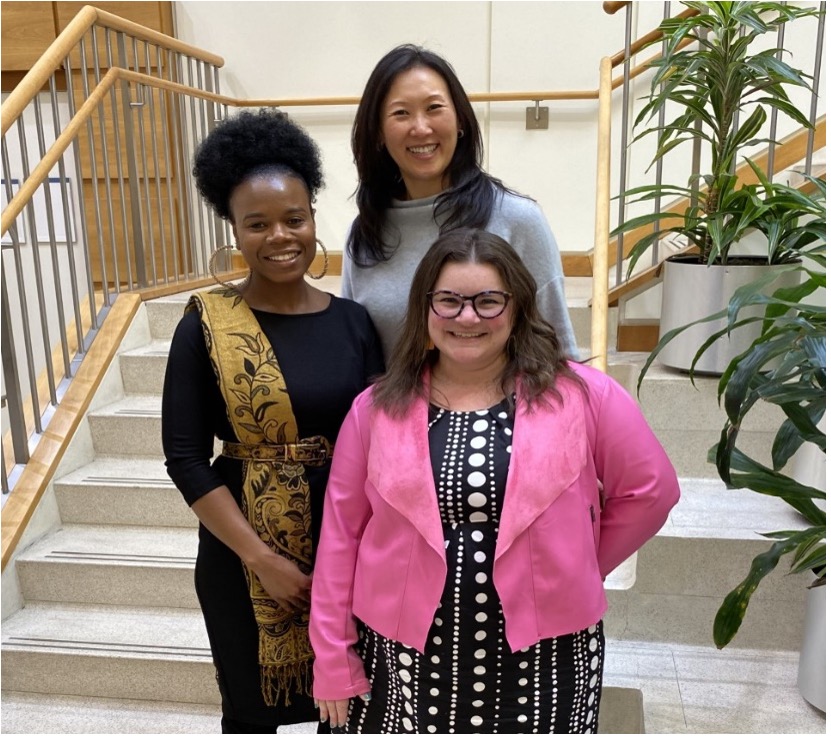
The Office of Diversity, Equity, and Inclusion team is comprised of Haejin In, MD, MBA, MPH, Rachel Born, PhD, and Lashawna Edmond, MEd.
Current Priority Areas
Priority 1. To foster a more diverse, inclusive, and equitable organizational environment.
Fostering a more inclusive environment will have both upstream (leadership) and downstream (trainees) effects. Models of cultural transformation propose that organizational culture is complex, takes time, and proceeds in a stepwise manner. Addressing the environment of oncology research is vital to innovative science and workforce retention.
Priority 2. To increase diversity in undergraduate student, graduate student, and post-doctoral trainees.
Providing early exposure and developing programs to ensure success for diverse trainees in oncology is critical to increasing the diversity of the oncology workforce. Efforts include developing data monitoring systems, developing programs for early exposure to oncology, and fostering a community of diverse trainees to provide guidance as they consider a career in oncology.
Priority 3. To promote the implementation of equity-based processes and evidence-based strategies to diversify faculty recruitment and retain diverse faculty.
Working closely with Rutgers Cancer Institute Faculty Recruitment and Affairs to promote the implementation of equity-based processes and evidence-based strategies to diversify faculty recruitment and support diverse faculty retention.
Priority 4. To champion the creation and implementation of programs to identify, develop, and sponsor diverse faculty for leadership.
Championing the creation and implementation of programs to identify, develop, and sponsor diverse faculty for leadership and the pathway toward leadership.
Take a Closer Look at Our Progress

DEI Trainings

DEI Catalyst Grants

DEI Resources
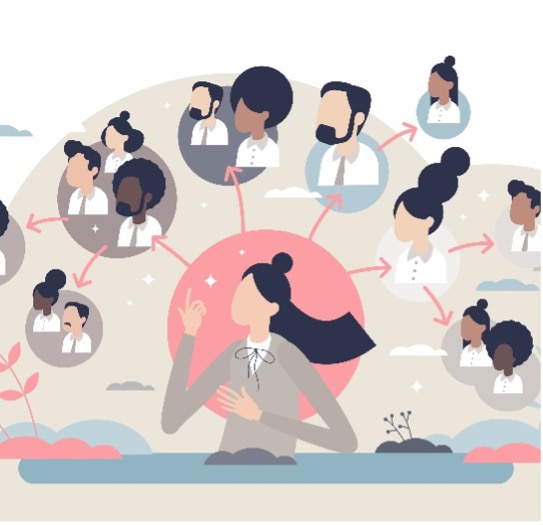
Faculty Listening Circles

Gender-Affirming Restrooms

Show Up Initiative
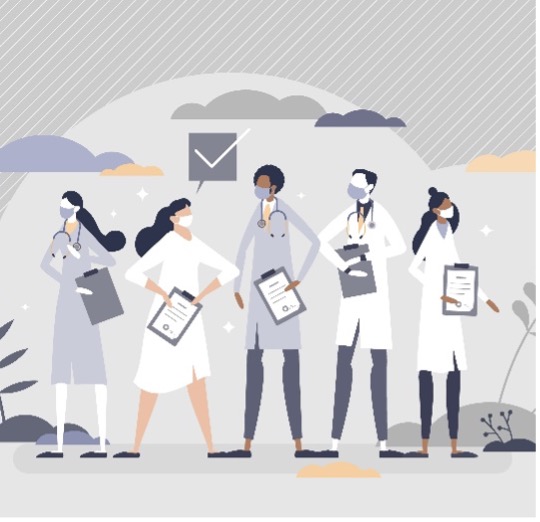
OPTIM

Connect to Community

Core Values
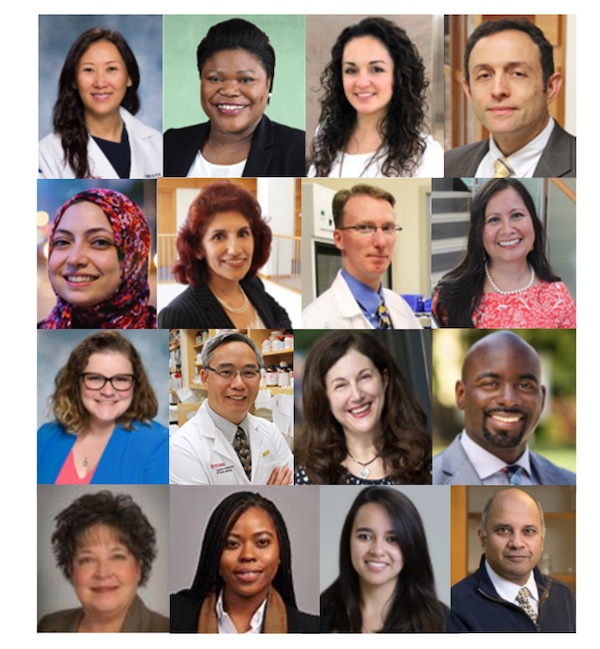
ODEI is supported by a DEI Steering Committee. This committee consists of diverse departments, ranks, disciplines, genders, races/ethnicities and includes representation from our collaborators in Rutgers Cancer Institute’s Community Outreach and Engagement; Cancer Research Training and Education Center; Faculty Recruitment and Affairs, and research programs.
Collaborating Partners
- Rutgers University - Division of Diversity, Inclusion, and Community Engagement
- Rutgers Biomedical Health Sciences - Faculty Affairs
- RWJBarnabas Health - Office of Diversity and Inclusion
- Princeton University – Institutional Equity and Diversity
- Association of American Medical Colleges – Group for Diversity and Inclusion
- American Association for the Advancement of Science – SEA Change
- Cancer Center DEI Networking Group
Connect With Us
Rutgers Cancer Institute Office of Diversity, Equity, and Inclusion
cinj_dei@cinj.rutgers.edu

